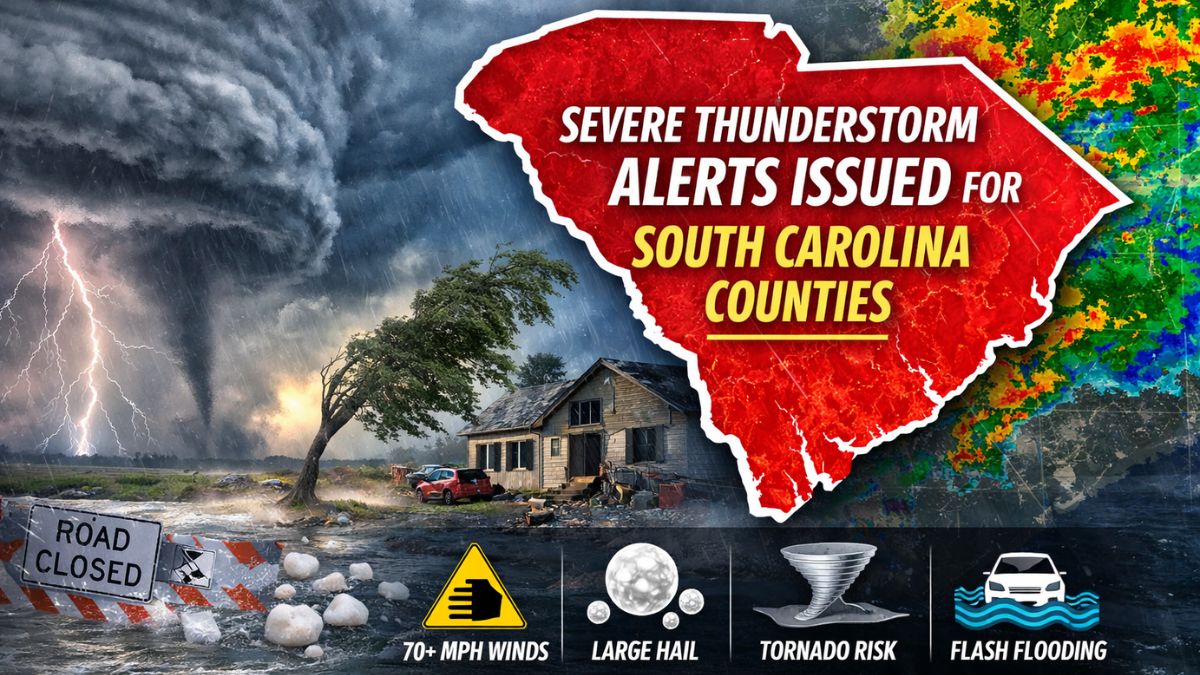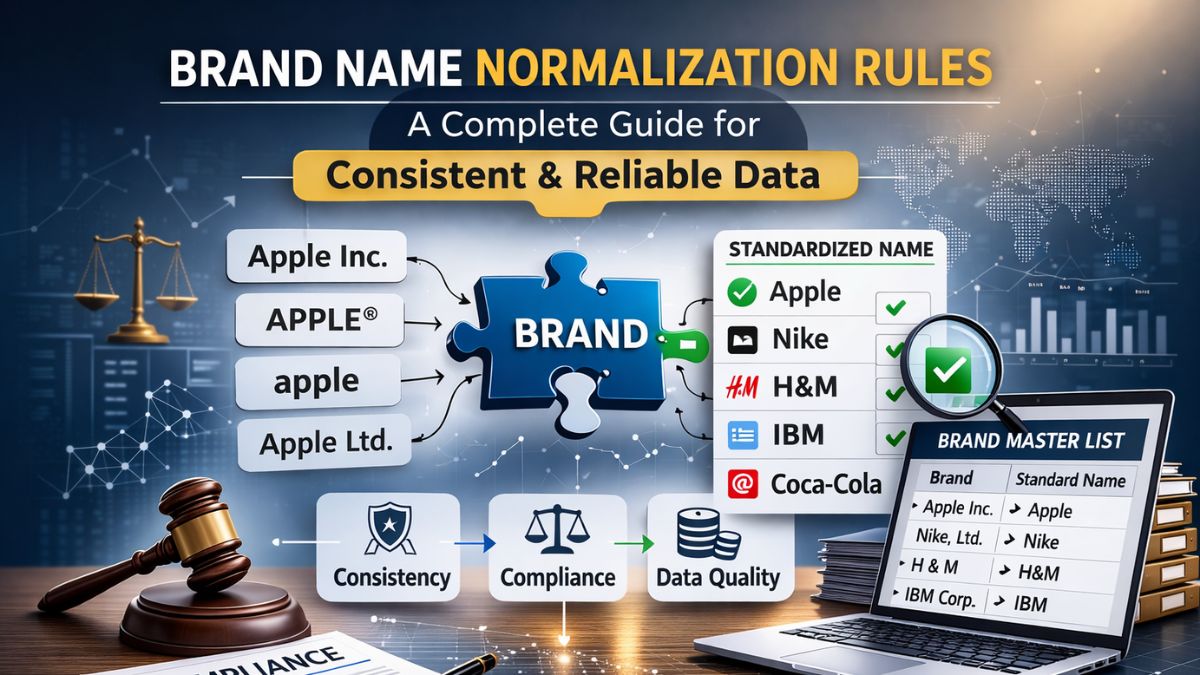Frequent flying can be exciting, rewarding, and even addictive for those who thrive on adventure and exploration. But the more you travel, the greater the risk of running into unexpected safety concerns—whether it’s pickpockets in a busy airport, health issues on long-haul flights, or scams in unfamiliar destinations. Seasoned travelers know that safety isn’t just about avoiding danger; it’s about being prepared and aware, so you can focus on enjoying the journey.
If you’re a regular jet setter, here are essential safety tips to keep your trips stress-free and secure.
1. Keep Your Documents Secure
Your passport, boarding pass, and travel documents are your lifeline when flying frequently. Losing them can disrupt your entire itinerary. Store them in a travel wallet or neck pouch that stays close to your body. Consider carrying a digital backup—scanned copies of your passport and travel ID saved on a secure cloud storage service or an encrypted USB drive. This way, if the worst happens, you can quickly verify your identity with the authorities.
2. Stay Alert in Transit Hubs
Airports, train stations, and busy transit points are prime spots for pickpockets and scams. Keep your bags zipped and in sight at all times, and avoid leaving electronics unattended, even for a moment. Use luggage with lockable zippers or TSA-approved locks to deter theft. When sitting in a café or waiting lounge, loop a strap of your bag around your leg or chair to make it harder for someone to snatch.
3. Protect Your Health on Long Flights
Frequent flyers face unique health challenges—jet lag, dehydration, and even deep vein thrombosis (DVT) on long-haul flights. Drink plenty of water before and during the flight, and limit alcohol or caffeine, which can dehydrate you further. Take regular walks down the aisle to improve circulation, and consider wearing compression socks to reduce the risk of DVT. Don’t forget to pack essential medications in your carry-on, not your checked luggage.
4. Be Cyber-Safe While Traveling
Public Wi-Fi at airports and hotels is convenient, but it’s also a hotspot for cybercriminals. Use a VPN (Virtual Private Network) to encrypt your internet connection, especially when accessing sensitive accounts like online banking or email. Avoid entering passwords on unsecured networks, and keep your devices protected with updated antivirus software.
5. Blend In and Avoid Drawing Attention
Standing out as a tourist can make you a target for theft or scams. Dress modestly, avoid flashy jewelry, and carry your valuables discreetly. Learn a few basic phrases in the local language—it shows respect and can help you navigate tricky situations. When exploring unfamiliar areas, research your route in advance so you’re not standing on a street corner looking lost with your phone out.
6. Stay Aware of Local Risks
Every destination has its own set of safety concerns—whether it’s petty crime, political unrest, or environmental hazards. Before you travel, check the official travel advisories for your destination. Download offline maps and emergency contact numbers, including the nearest embassy or consulate. If you’re traveling to a high-risk area, consider registering with your embassy so they can contact you in case of an emergency.
7. Choose Safe Transportation Options
Transportation safety varies from country to country. In unfamiliar cities, use licensed taxis, rideshare apps with verified drivers, or official airport shuttles. Avoid getting into unmarked vehicles. If you rent a car, research local driving laws and road conditions. Always wear your seatbelt—no matter how short the journey.
8. Protect Your Belongings at Your Destination
When staying at hotels or short-term rentals, use the in-room safe to store your passport, cash, and other valuables. If a safe isn’t available, keep them locked in your luggage. Consider using a portable travel lock for extra security. When you’re out exploring, carry only what you need for the day.
9. Have a Safety Backup Plan
Even the most seasoned traveler can face unexpected challenges, so having a safety net is essential. Always prepare a backup plan:
- Keep a discreet reserve of emergency cash stored separately from your main wallet.
- Share your travel itinerary and key contact details with a trusted friend or family member.
- Have an alternative way to reach home if your phone is lost or stolen, such as a secondary SIM card or a secure online messaging account.
- Consider enrolling in a concierge medical service, giving you direct access to quality healthcare and emergency assistance anywhere in the world.
10. Trust Your Instincts
If something feels off—whether it’s a shady taxi driver, a suspiciously friendly stranger, or an unfamiliar street—trust your gut and remove yourself from the situation. Your instincts are often your first and best line of defense.
Final Thoughts
Frequent flyers know that travel safety isn’t about paranoia—it’s about preparation. By securing your belongings, staying aware of your surroundings, and being ready for the unexpected, you can protect yourself without sacrificing the joy of the journey. Safe travels aren’t just lucky; they’re the result of smart habits practiced trip after trip.
Travel smart, and the world will remain an open, exciting, and safe place to explore.






